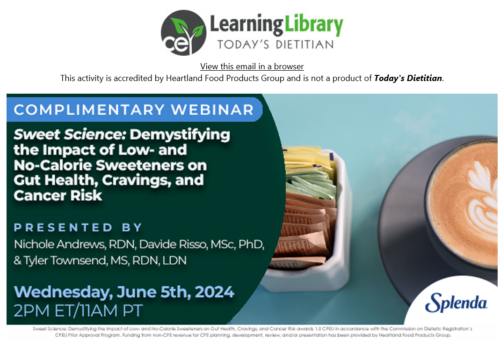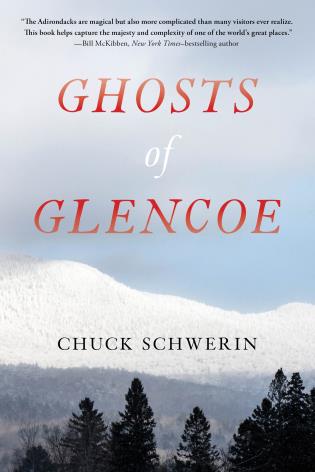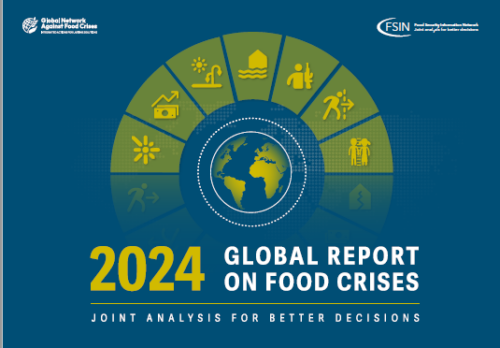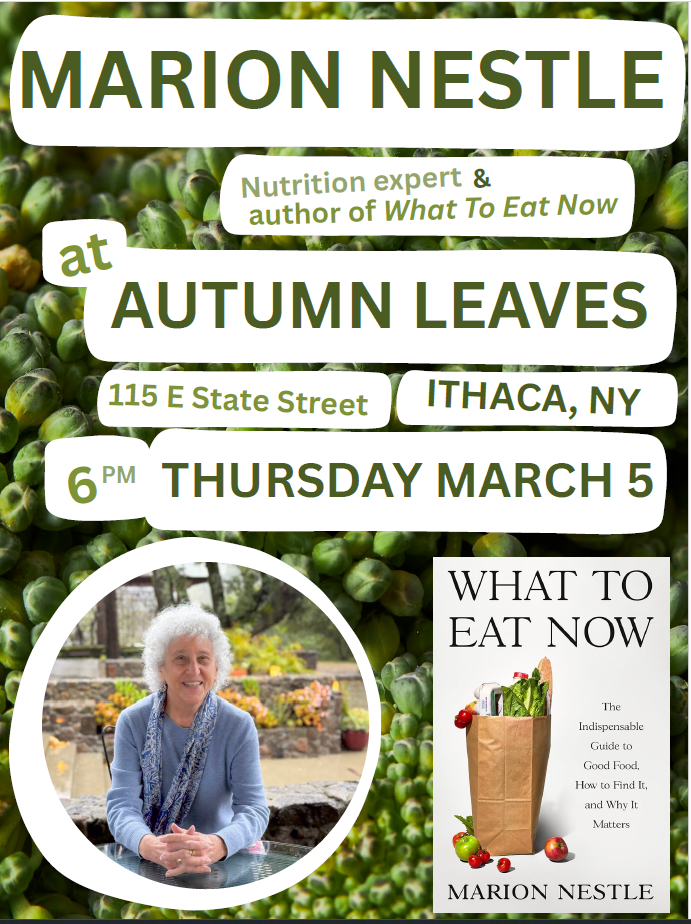I learned about this study from this account.
Probiotics may improve vaginal microbiota in postmenopausal women: A specific combination of probiotic strains may restore vaginal microbiota and relieve vaginal distress in postmenopausal women, according to a new study from Italian probiotic manufacturer SynBalance…. Read more
High marks to indicating industry sponsorship right up front.
The study: Efficacy of Lactiplantibacillus plantarum PBS067, Bifidobacterium animalis subsp. lactis BL050, and Lacticaseibacillus rhamnosus LRH020 in the Amelioration of Vaginal Microbiota in Post-Menopausal Women: A Prospective Observational Clinical Trial. Nutrients 2024, 16(3), 402; https://doi.org/10.3390/nu16030402.
Method: “Subjects were supplemented with a probiotic product containing Lactiplantibacillus plantarum PBS067 (DSM 24937), Bifidobacterium animalis subsp. lactis BL050 (DSM 25566), and Lacticaseibacillus rhamnosus LRH020 (DSM 25568; all from SynBalance Srl, Origgio, Italy)…Women were asked to consume 1 capsule/day, away from meals, for 4 consecutive weeks. Assessments of health status were carried out at the starting point of the study (T0), after 4 weeks of oral probiotic supplementation (T1), and after a 4-week follow-up.”
Results: “Clinical outcomes revealed a decrease in menopausal symptoms. Significant improvements were observed across various parameters…Moreover, the probiotic intervention facilitated the restoration of vaginal microbiota, evidenced by an increase in lactobacilli abundance.
Conclusion: “the combination of these specific probiotic strains, previously clinically tested in childbearing-age women, showed to be effective also for post-menopausal women.”
Conflicts of Interest: “Authors P.M. and D.F.S. were employed by the company Synbalance Srl. Authors E.V., A.M. and A.C. were employed by the company Wellmicro Srl. The remaining authors declare that the research was conducted in the absence of any commercial or financial relationships that could be construed as a potential conflict of interest.”
Comment: Employees of the company making the probiotic supplement conducted this uncontrolled observational study. The supplement made study subjects feel better and improved their microbiomes. But compared to what? The study had no control group.
In addition: While we are on the subject of probiotics, I’m quoted in a New York Times article about probiotic supplements in beverages.
Prebiotic sodas aren’t likely to harm your health, Dr. Nestle said, but it’s also not likely that they’ll be beneficial.
“Really, if people are concerned about their microbiome, they need to eat vegetables,” Dr. Nestle said. “Vegetables would do wonders.”

 Comment
Comment





